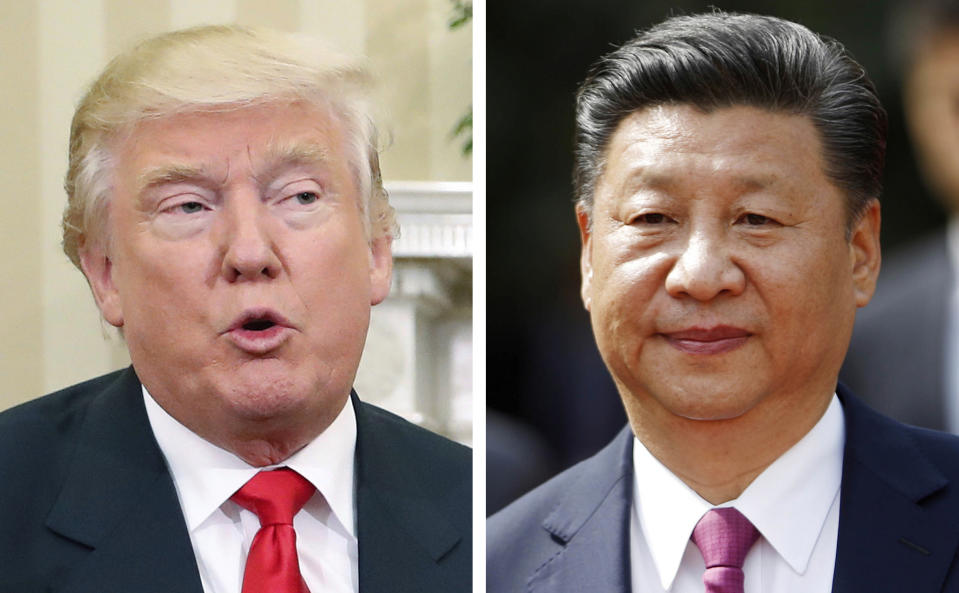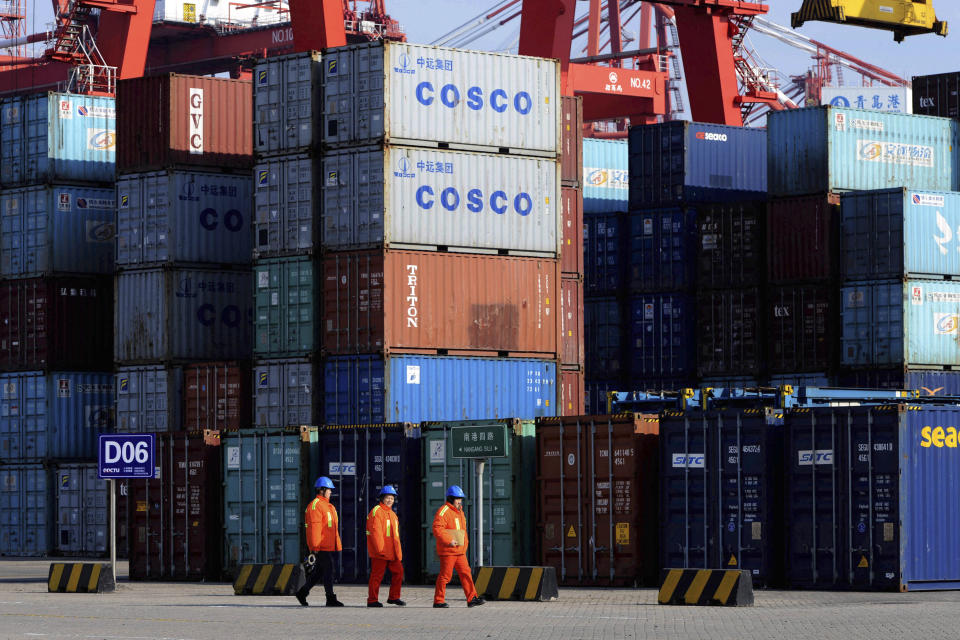Why 2017 is the wrong year for Trump to mess with China
President-elect Donald Trump has recently recruited a couple of China hawks onto his trade team, potentially provoking the nation yet again at a less than ideal time.
That’s because China is on the cusp of a leadership change that may make it particularly sensitive to provocations, according to the latest report from the Eurasia Group, a political risk consultancy headed by Ian Bremmer.
New party leadership will be chosen at the Communist Party’s 19th National Congress this fall, a transition that Bremmer calls “one of the most complex events since the beginning of China’s reform era [which started in 1978].”

Chinese president Xi Jinping “will be extremely sensitive to external challenges to his country’s interests at a time when all eyes are on his leadership,” Bremmer writes. “The Chinese president will be more likely than ever to respond forcefully to foreign policy challenges.”
Those challenges have come from Trump even before he has taken office. Trump, who’s taken a hard line on China-US relations, broke long-standing protocol last month when he took a phone call from Taiwan’s president. He also scolded China in a series of tweets last month for capturing a US sea drone, which China later released back to the US.
Meanwhile, the president-elect has repeatedly threatened to put a 45% tariff on Chinese-made goods. More recently, Trump chose Robert Lighthizer, former deputy US trade representative under Ronald Reagan and skeptic of current Chinese trade practices, to be his chief trade negotiator. Peter Navarro, who wrote the books “Death by China” and “Crouching Tiger: What China’s Militarism Means for the World,” will lead the newly formed White House National Trade Council.

In light of these recent actions, Bremmer predicts that Trump could be one trigger to “rattle” Xi as he faces an upcoming change in the party leadership.
There is certainly a unique set of circumstances surrounding the upcoming transition. Five of the seven members of the Politburo Standing Committee, China’s top leadership body, may retire before the twice-a-decade party congress, leaving only Xi and Premier Li Keqiang remaining.
Xi may be trying to fill the new Standing Committee with allies to block the promotion of a potential successor for when his term is up in 2022, party insiders told the Wall Street Journal.
The question of whether Li Keqiang will stay on for a second five-year term after the 19th National Congress still looms. Speculation has been brewing that Li and Xi are divided over economic policy, and if Li is ousted, his free-market reforms might give way to Xi’s more hands-on approach to the economy, a sore subject as of late.
Amid the political uncertainty, the country faces a nationwide debt crisis caused by expansionary monetary and fiscal policies, according to global intelligence agency Stratfor.
“China faces business defaults and bankruptcies, low industrial profits, winnowing returns on investment and the very real prospect of yet another slowdown in the real estate sector,” writes lead Stratfor analyst John Minnich. “How well Beijing manages these problems in the months ahead will, to a great extent, determine China’s economic, social and political stability for years to come.”
The stakes for provoking China in this environment are high, Bremmer writes, as “any misstep by Xi would provoke global economic volatility.”
More from Laura Sanicola:
How Gap can turn things around in 2017

 Yahoo Finance
Yahoo Finance 